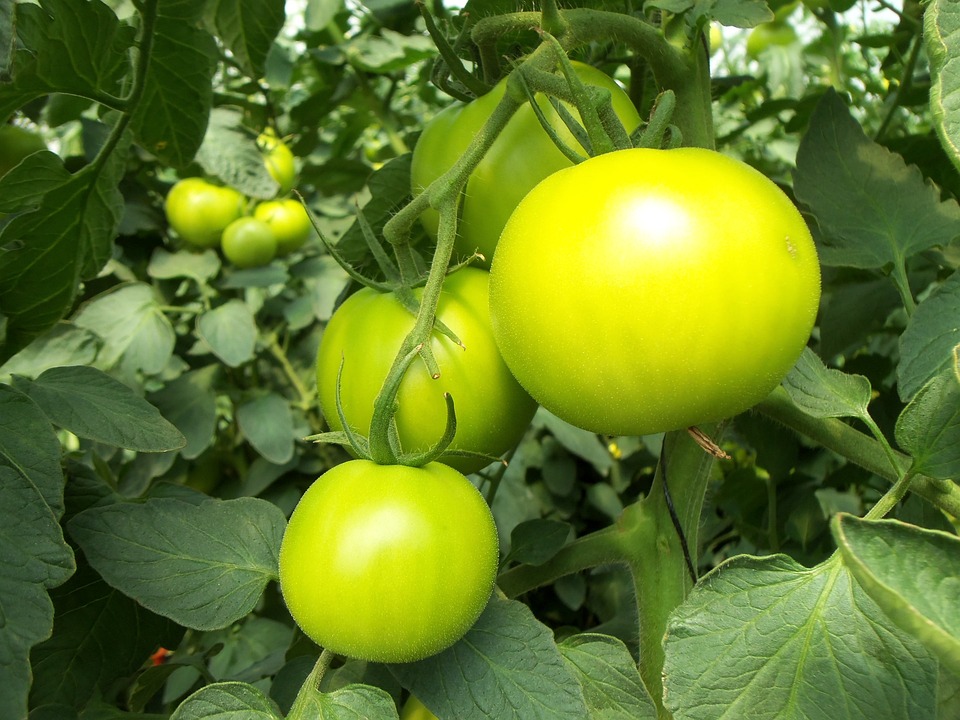How Home Hydroponics Can Help You Grow Fresh Vegetables Year-Round
Introduction
Are you tired of buying grocery store vegetables that lack freshness? Do you want to have a constant supply of homegrown, flavorful produce at your fingertips? If so, home hydroponics might be the solution for you.
Environmental Impact
One of the significant advantages of home hydroponics is its reduced environmental impact. Traditional agriculture methods often rely on chemical fertilizers, massive water consumption, and land degradation. In contrast, hydroponics uses up to 90% less water and eliminates the need for harmful pesticides, minimizing your ecological footprint and promoting sustainable food production.
Space Efficiency
For many people, limited space is a barrier to gardening. Home hydroponics eliminates this concern by allowing you to grow plants vertically, making efficient use of available space. With systems like vertical towers or wall-mounted setups, you can stack multiple layers of plants, maximizing your yield even in small apartments or urban environments.
Year-Round Harvest
Gone are the days where gardening is limited to a specific season. With home hydroponics, you can create a controlled environment that replicates optimal growing conditions year-round. By adjusting factors such as temperature, lighting, and nutrient levels, you can trick your plants into thinking it’s always the perfect season for growth, resulting in a continuous harvest of fresh, tender vegetables.
Nutrient Control
In hydroponics, you have full control over the nutrient composition your plants receive. By carefully selecting and managing the nutrient solution, you can provide plants with exactly what they need to thrive. This precision allows you to grow vegetables that are not only fresher and tastier but also packed with essential vitamins and minerals.
Reduced Pest Problems
One of the most challenging aspects of traditional gardening is dealing with pests and diseases that can ruin your crops. With hydroponics, these issues are mitigated as the absence of soil reduces the presence of common pests such as insects, slugs, and weeds. This means you can grow your vegetables organically, eliminating the need for harmful pesticides while still maintaining healthy plants.
FAQs
Is home hydroponics expensive?
While the initial setup cost may be higher compared to traditional gardening methods, the long-term benefits outweigh the investment. Home hydroponics systems can be as simple or complex as you desire, ranging from DIY setups to pre-built kits. Additionally, the reduced need for water and absence of soil maintenance can save you money in the long run.
What vegetables can be grown using hydroponics?
Virtually any vegetable can be cultivated using hydroponics. Leafy greens like lettuce, spinach, and kale are popular choices due to their fast-growing nature. Tomatoes, peppers, cucumbers, and herbs also thrive in hydroponic systems. Experiment with different varieties to find what works best for you.
How much time is required for maintaining a hydroponic garden?
The time required to maintain a hydroponic garden largely depends on the size and complexity of your setup. However, once you’ve set up the system, the maintenance tasks generally involve checking and adjusting nutrient levels, monitoring water pH, and ensuring proper lighting conditions. With practice, managing a hydroponic garden can become as effortless as any other household chore.
Can I grow fruits using hydroponics?
While it is possible to grow certain fruits using hydroponics, the practicality may vary. Some fruits, such as strawberries and melons, can be successfully grown in hydroponic systems. However, larger fruits like apples or oranges require substantial space and complex infrastructure, making them less suitable for home hydroponics.
Do I need special knowledge or skills to start home hydroponics?
Starting your own home hydroponic garden does not require any specialized knowledge or skills. Numerous resources, books, and online communities are available to help you learn and troubleshoot any issues that arise. With enthusiasm and dedication, anyone can reap the benefits of homegrown, fresh vegetables.




